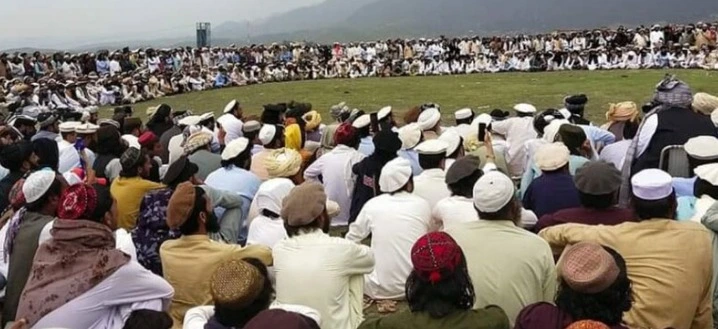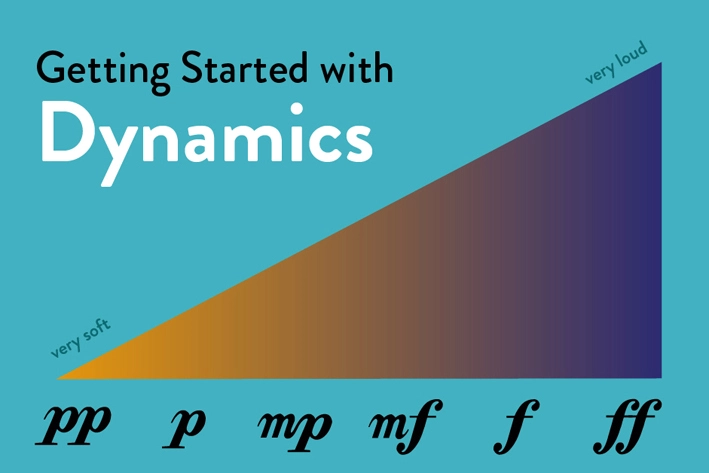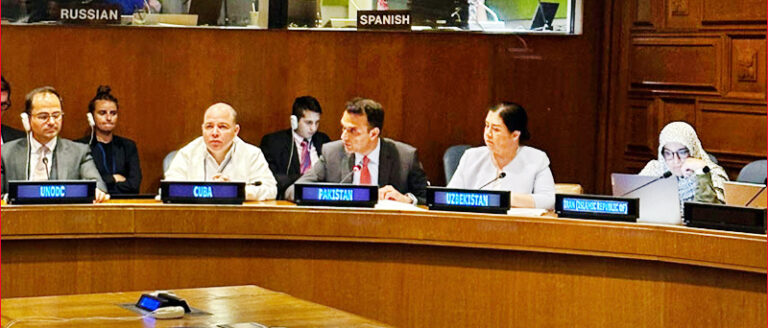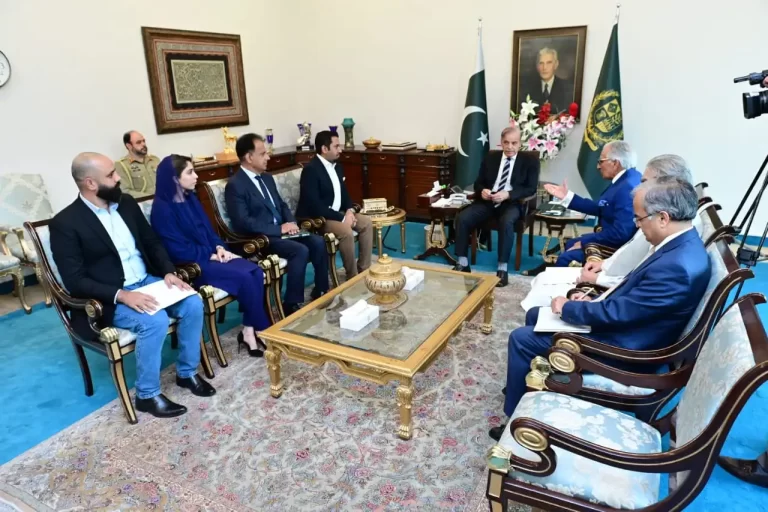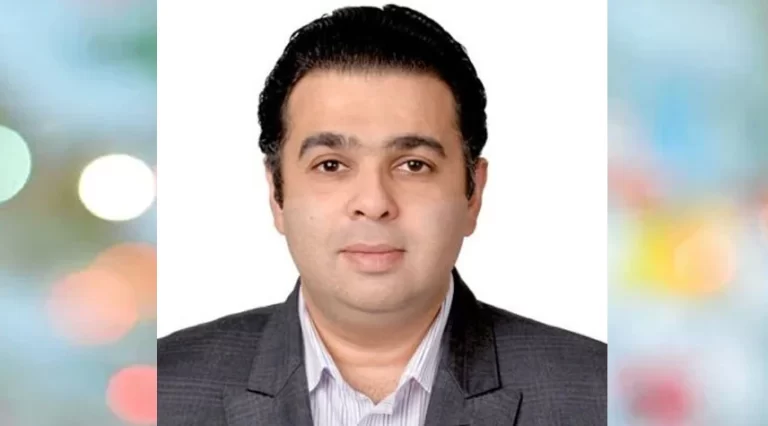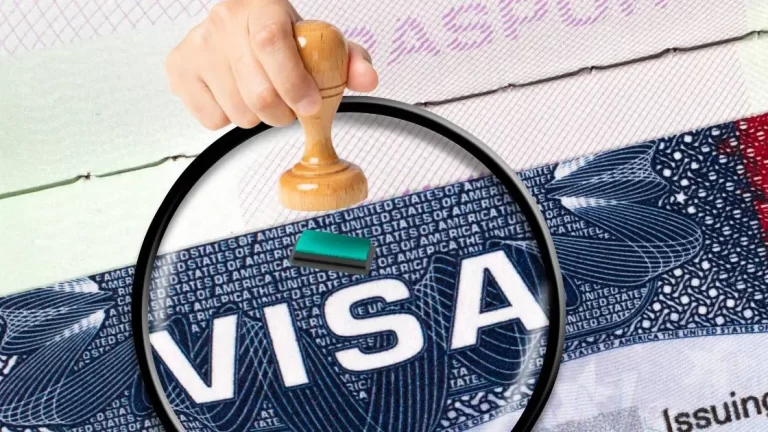Peshawar Jirga Calls for Tribal Peace, Open Trade, and Pashtun Rights
Peshawar, June 26, 2024 – Former National Assembly Speaker Asad Qaiser emphasized during his address to the Peshawar Tribal Peace Jirga that without peace in the tribal districts, peace in Pakistan cannot be achieved.
He mentioned that the federal government had decided to impose a 7% tax on FATA and PATA, but the PTI members from the region pressured the government to withdraw it.
He outlined that under the PTI government, trade was initiated at the Angoor Adda and Kharlachi borders. Allegations have been made against the Pashtuns regarding smuggling at the border, yet our businesses and livelihoods have been destroyed by war, he stated. All the wars in this region have been fought for vested interests, and the tribal areas once had exemplary peace with minimal crime. President Zardari Urges Rehabilitation of Kacha Area Criminals, Infrastructure Boost
He lamented that the economy of the province had been transformed into a war economy. There are disparities in facilities between Lahore and the tribal districts, he added.
Qaiser criticized the operations in the tribal areas and opposed any future operations, insisting that details of such operations be brought to the parliament and discussed with tribal elders. He assured the tribal people that they are not alone in this struggle and that PTI leader Imran Khan continues to fight for their cause. He advocated for governance in accordance with the constitution and laws and promised development in the area during their government, including trade with Afghanistan, Central Asia, and Russia.
Mehmood Khan Achakzai emphasized the thoughtful nature of the Pashtuns and criticized the censorship of speeches, including that of a recent speech by Maulana. He noted PTI’s clear majority in the country and highlighted the autonomous nature of the tribal districts. He warned against forcing their issues to the international court, a move he personally vowed to pursue.
He questioned the purpose of military operations, asserting that they were aimed at seizing resources in the Pashtun areas.
Achakzai pointed out the disparity in conditions, such as the plight of brave children in Swat working in coal mines. He asserted that no one is a master or a slave in this country and rejected the idea of living as second-class citizens.
He argued that the natural resources in Khyber Pakhtunkhwa rightfully belong to the Pashtuns and urged the delegation of local authority to help repay the IMF debt.
The Tribal Jirga passed a resolution stating the following:
All obstacles to trade with neighboring Afghanistan be resolved and that all trade routes with Afghanistan be opened.
All legitimate demands of the current protests and sit-ins at Chaman, Angoor Adda, Gursal, Torkham, Ghulam Khan, and Kharlachi be addressed immediately to open Pakistan-Afghanistan trade.
All promises made to the tribal people regarding compensations in any tribal district be fulfilled immediately.
The Peace Jirga expressed its complete opposition to the Azm-e-Istahkam operation and demanded that any intention to carry out such operations be brought to parliament for detailed discussion and public awareness.
The Jirga condemned the ongoing lawlessness, unconstitutional measures, and human rights violations in the country.
The Jirga demanded that all political cases against PTI Chairman Imran Khan be immediately withdrawn and all obstacles to his release be removed.
The Tribal Jirga demanded that the local population’s rights over natural resources in Southern Pashtunkhwa and Khyber Pakhtunkhwa be recognized, with constitutional guarantees provided.
The Jirga called for the immediate fulfillment of promises made to the tribal districts, including a 3% share in the NFC award and an annual allocation of 100 billion rupees, along with outstanding payments.
The Jirga proposed adopting an economic corridor policy for the Afghanistan-Pakistan border, providing FBR facilities at the border, and facilitating business operations.


